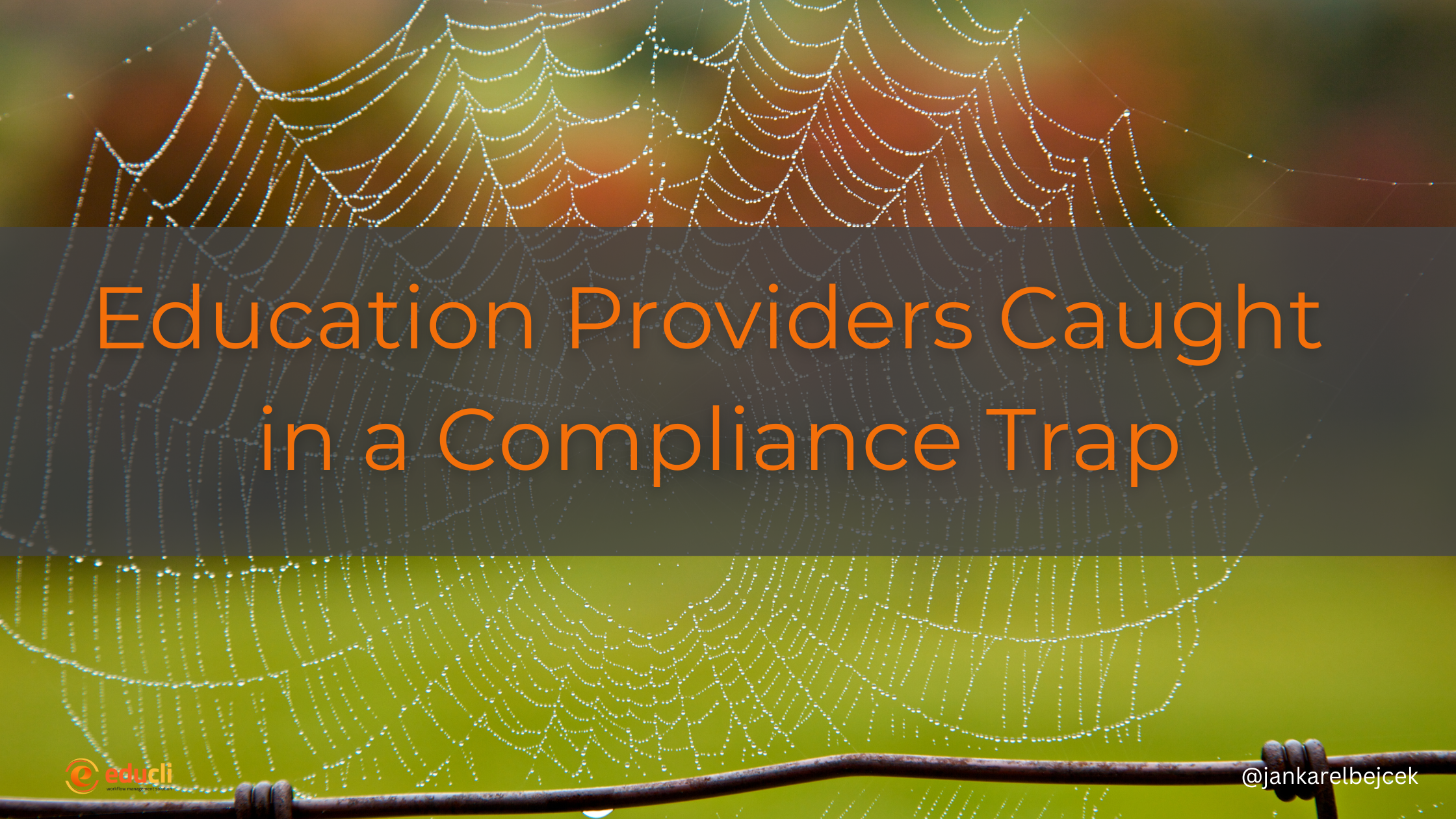Education Providers Caught in a Compliance Trap
International education providers are facing scrutiny for financial viability issues beyond their control—caught between government policy shifts and regulatory demands.
The Tertiary Education Quality and Standards Agency (TEQSA) has recently started contacting education providers regarding concerns over their financial viability. Providers have received letters questioning their compliance with minimum financial requirements, referencing the reduction in international student numbers as a driving factor.
TEQSA’s message highlights the tightening grip of government policy, particularly the recent measures to limit international student intake. This squeeze on numbers has led to financial uncertainty for many providers who rely on overseas students for sustainability. Letters sent to higher education institutions hint that the agency is not only aware of these impacts but is actively scrutinising providers to ensure they remain compliant.
During a Senate Committee hearing on the ESOS Amendment Bill, intense scrutiny emerged as senators heard testimonies of providers being allocated as few as 10 students or less—despite having approval for hundreds of seats under their CRICOS registration. This cap hits newly registered providers especially hard, as they lack the cushion of existing enrollments to offset these severe limitations.
“With 10 students, we are going to have TEQSA knocking on our door asking about our financial viability. They know that with 10 students, we are not going to be financially viable,” said Mukesh Chander, CEO of Imperial Engineering Education. The response from Senator Henderson was direct: “These shockingly low caps are being applied in a discriminatory way, and now TEQSA is writing letters threatening providers about their financial standing.”
Chander fears this “domino effect” will have dire consequences. If the 10-student cap remains for 2025, the college will be forced to explore other income streams to survive.
TEQSA’s CEO, Mary Russell, confirmed that 10 “high-risk” providers were contacted. However, Russell noted that providers had already received warning letters from the Department of Home Affairs before the TEQSA correspondence, indicating a multi-agency approach to compliance enforcement.
The issue resonates with many private education providers, who now find themselves at risk of being unable to comply with statutory and regulatory obligations due to the new caps. Nick Galatas, of Galatas Advisory and a representative of the CRICOS Providers Justice Group, emphasized that these caps threaten compliance and ultimately imperil the providers’ registration status.
“This law will put providers at risk of non-compliance with their legal obligations, thus threatening the survival of these businesses… That must be a bad law,” Galatas warns.
Shifting operations to a different market, whether offshore or within Australia, presents further challenges for education providers. Establishing offshore operations would require approval from both Australian and local authorities—an often lengthy and complex process. On the other hand, pivoting to the domestic market means competing against publicly funded institutions, an uphill battle for private providers with far fewer resources. Given the bureaucratic and market constraints, any such adjustments are nearly impossible to achieve within the next three months before the January 1, 2025 deadline.
The situation raises a critical question: Are international education providers being unfairly cornered into non-compliance? As the policy shifts to limit student numbers, these providers are left grappling with financial viability challenges not of their own making, further complicated by strict regulatory oversight.
The most frustrating part of this situation is that the ESOS Amendment Bill hasn’t even passed yet, but the government is already acting as if these regulations are set in stone, leaving providers scrambling to comply with policies not yet finalised.
#internationaleducation #studyinaustralia #studyabroad #caps #educli





Leave A Comment